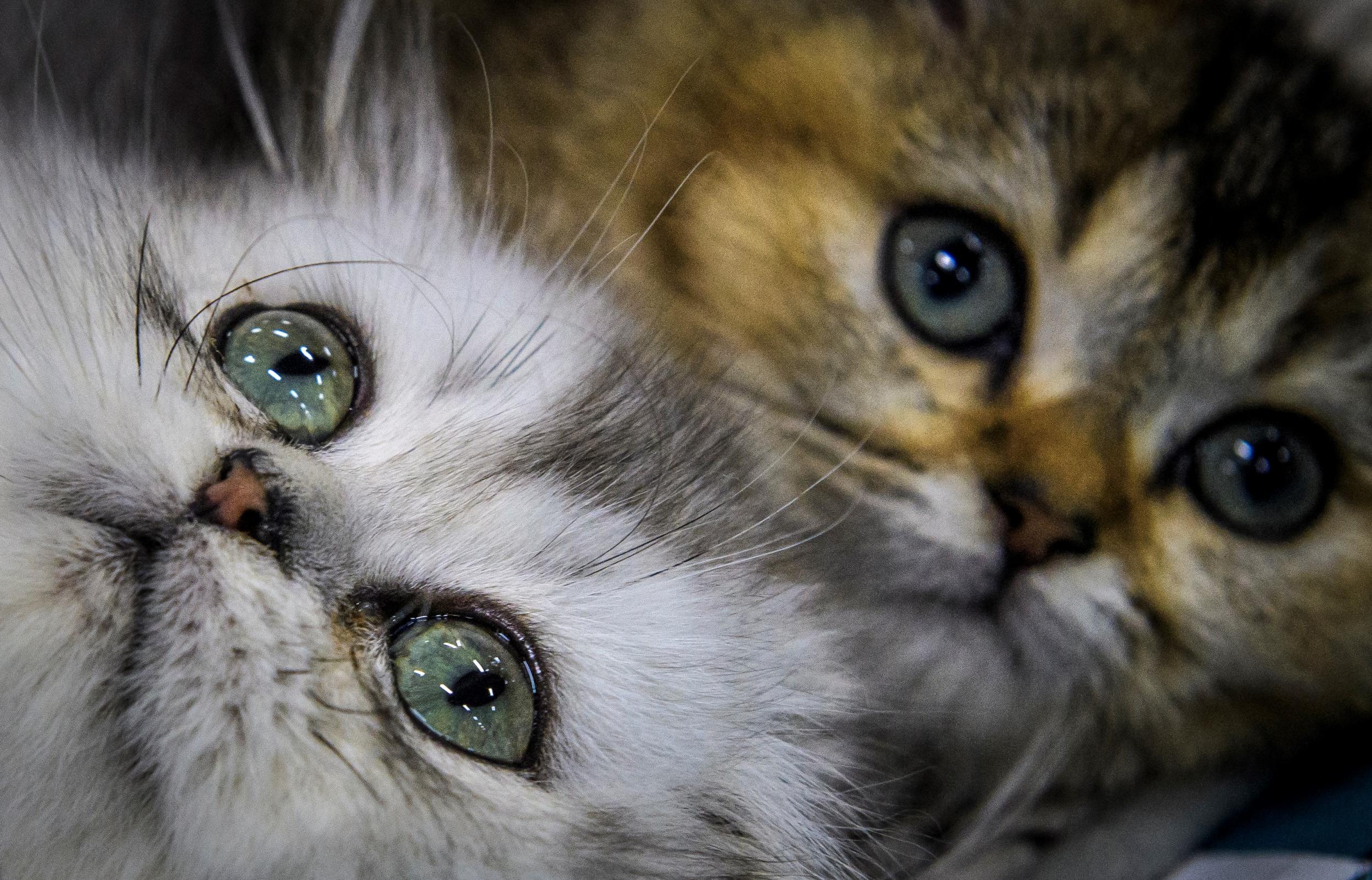US Congress to introduce animal testing bill to end deadly trials on kittens
The USDA says the testing is for life-saving medicine, and that concerns are overblown

Congress is set to consider a bill that would halt the US Department of Agriculture’s (USDA) from conducting deadly experiments on kittens.
The bill, introduced by a bipartisan group of politicians on Thursday, would end a programme by the department where kittens are infected with parasites to cause the food-borne illness toxoplasmosis.
Scientists then harvest parasites from their faeces for up to three weeks to be used in research combatting food-borne illnesses, and the animals are euthanised.
“The USDA’s decision to slaughter kittens after they are used in research is an archaic practice and horrific treatment, and we need to end it,” Senator Jeff Merkeley, who is the lead sponsor on the Senate’s bill, told NBC News in a statement.
But the USDA says that concerns are overblown, with a USDA administrator last year telling Congress last year that “2,988 cats have been used in these research efforts that began in 1982.”
The department’s Agricultural Research Services says that the experiments are “life-saving research”, and that euthanasia is necessary to stop the spread of the parasites to humans.

The American Veterinary Medical Association, meanwhile, has said that handling cats who have been infected is “unlikely to pose a risk” to humans.
Join our commenting forum
Join thought-provoking conversations, follow other Independent readers and see their replies
Comments
Bookmark popover
Removed from bookmarks